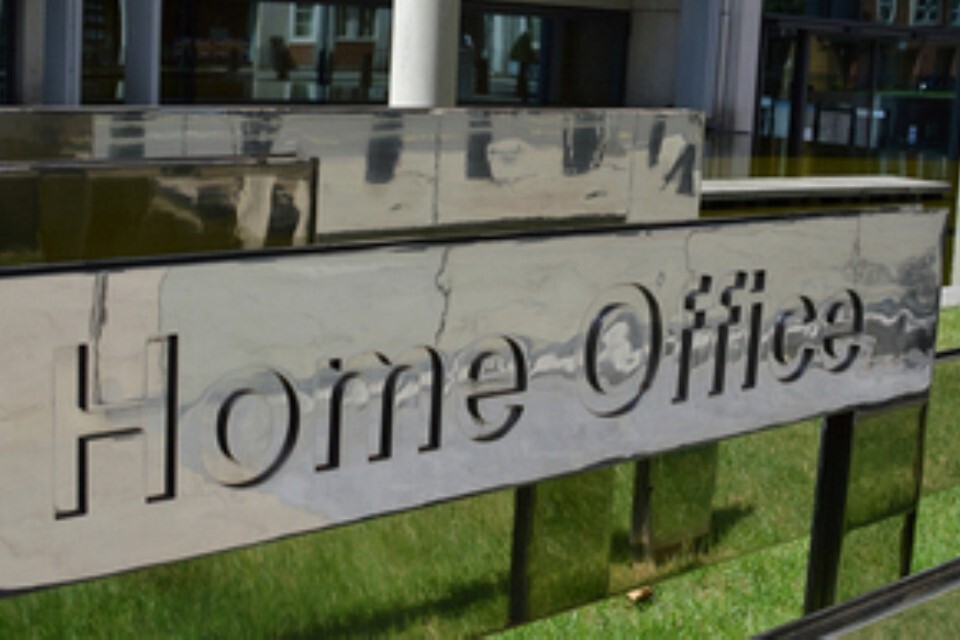The UK government is gearing up to implement a controversial pilot scheme that could see the return of up to 50 migrants per week to France, a move described by Prime Minister Sir Keir Starmer as a "ground-breaking" effort to combat the rising tide of asylum seekers crossing the English Channel in small boats. This announcement, made during Starmer"s recent state visit to France with President Emmanuel Macron, comes amidst alarming statistics indicating nearly 20,000 arrivals in just the first half of 2025, a staggering increase of 48% compared to the previous year.
Return Scheme Aims to Deter Dangerous Crossings
The proposed "one in, one out" agreement aims to create a system where for every asylum seeker sent back to France, an equivalent number would be accepted into the UK, provided they pass security checks. While this initiative has been touted as a mechanism to undermine the operations of people smugglers, questions persist regarding its ethical implications and practical effectiveness. As reported by the UK government, the details of how individuals will be selected for return remain murky, raising concerns about potential violations of human rights.
Political Repercussions and Concerns
Critics have pointed out that the deal may not bring about the sweeping changes that its architects envision. Conservative shadow home secretary Chris Philp has voiced skepticism, stating that returning just one in every 17 illegal immigrants would have minimal impact on the overall issue. Meanwhile, Imran Hussain, from the Refugee Council, suggests that while targeting the smuggling networks is crucial, the focus should also remain on establishing safe and legal routes for asylum seekers.

February 10, 2023 - Russia-Ukraine news | CNN
Cross Channel Migration Crisis Explained
The rising number of people undertaking perilous journeys across the Channel stems from multiple factors, including increased global instability, economic hardship, and the unavailability of safe passageways to seek asylum. According to data from recent government statistics, the trend of small boat crossings has escalated sharply since 2018, with over 170,000 arrivals recorded in the UK. This alarming pattern highlights the urgent need for comprehensive immigration reform that addresses root causes rather than merely pushing individuals back to where they came from.
Global Context of Migration and Asylum
Starmer"s statements reflect a growing recognition among UK leaders that the issue of illegal migration is not just a national concern but a global crisis that demands collaborative solutions. Macron"s remarks during the joint press conference emphasized that Brexit has complicated the UK’s ability to manage illegal migration, urging that the British public was "sold a lie" regarding the origins of the problem. This acknowledgement underscores the necessity for a more coordinated European approach to asylum seekers, particularly as countries like Spain and Italy express concerns about being burdened with increased asylum claims as a result of the UK’s return policy.

Anti-Terror Bill Secures Royal Assent | Mirage News
Implications for Asylum Seekers and Human Rights
The ethical ramifications of the return scheme pose significant challenges. Critics, including organizations like Asylum Matters, argue that the focus should be on creating genuine safe routes for asylum seekers rather than resorting to potentially harmful and ineffective measures reminiscent of the scrapped Rwanda plan. The ongoing debate highlights a fundamental tension in the UK"s immigration policy: balancing national security with humanitarian obligations. As the government moves forward with this pilot scheme, it must grapple with the implications of returning vulnerable individuals to environments from which they fled.

![[Video] Federal officers deploy sting balls and flash grenades at Whipple Building](/_next/image?url=%2Fapi%2Fimage%2Fthumbnails%2Fthumbnail-1768340555229-vhfcc-thumbnail.jpg&w=3840&q=75)
![[Video] Crowd-control weapons used in Minneapolis as anti-ICE protesters attack police vehicle](/_next/image?url=%2Fapi%2Fimage%2Fthumbnails%2Fthumbnail-1768336302231-akxf7s-thumbnail.jpg&w=3840&q=75)

![[Video] Protests erupt in Minneapolis after ICE detains teenager, multiple arrests made](/_next/image?url=%2Fapi%2Fimage%2Fthumbnails%2Fthumbnail-1768331835371-z9ylqg-thumbnail.jpg&w=3840&q=75)


![[Video] Gunfire between Iraqi security forces and Sadr militias in Baghdad](/_next/image?url=%2Fapi%2Fimage%2Fthumbnails%2Fthumbnail-1768343508874-4redb-thumbnail.jpg&w=3840&q=75)
